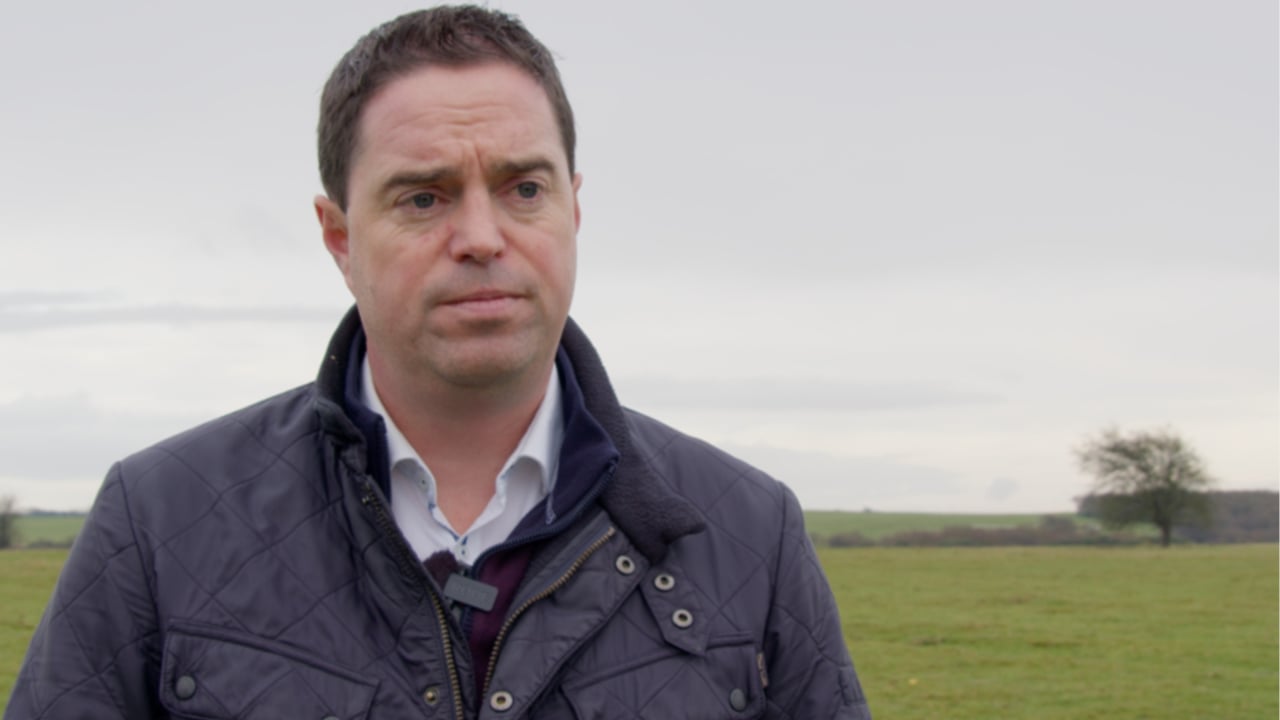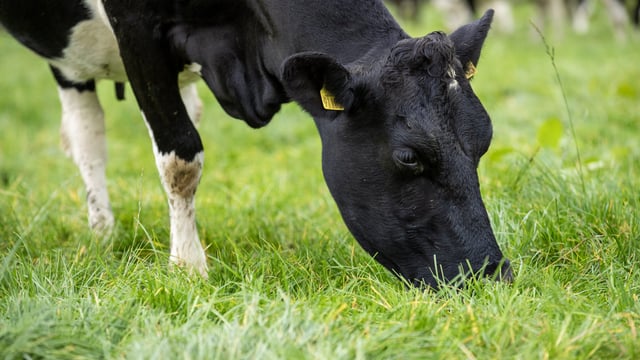'I can't afford not to act' - Minister Heydon on TB
Minister for Agriculture, Food and the Marine Martin Heydon has said that he "can't afford not to act" as he puts together a "very strong business case" to Government colleagues for extra TB funding.
The minister is currently considering a number of new measures for a revamped TB control plan, to be announced in due course, which will require more money.
This comes as his department officials have confirmed that the overall cost to the exchequer of the TB Programme, excluding staff costs, has increased from full-year costs of €57 million in 2023 to over €100 million in 2024 – and is on track to increase further in 2025 to €130 million if current disease levels were to continue.
In 2026, if existing current disease levels and existing controls were to remain, it could hit between €170-€180 million.
The primary driver of increased costs has been compensation due to increased disease levels, according to DAFM.
Minister Heydon told a meeting of the Oireachtas Joint Committee on Agriculture and Food that he acknowledges the "substantial" financial burden on the exchequer and on farmers already.
He said that he hopes to see progress in lowering TB rates in years to come through the implementation of new measures but that he will "need more money to implement the measures that I want to do".
The minister said: "It's about having enough money to be able to address all elements of transmission and support farmers who are impacted by a breakdown.
"We have got to stop the increase [in TB levels] right now. The trajectory of growth is going in the wrong direction.
"I don't have the money there at present to do everything I would like to do in terms of TB. Ultimately, I'm putting together a very strong business case.
"I'm liasing with colleagues across Government because I'm making a very strong business case here that investment of extra finances now will save us money, will save farmers money in the long run, and will protect a very important indsutry.
"I can't afford not to act."
According to Minister Heydon if he is successful a "new approach and a new range of measures" for tackling TB, the details of which he is yet to confirm - "we'll see an increase in reactors in the short-term over the first two years".
"But we need to do that because at present our current testing model and current approach to TB eradication is leaving some of this disease behind and it identifies later in the factories or beyond," he continued.
Minister Heydon added: "To be successful what we need to do is frontload some of that pain - we need to layer in a range of different measures including increased blood testing of the highest risk cohorts.
"It will identify more reactors that will require more compensation for the farmers affected but it won't see a significant increase in herds affected.
"But, it will require more money in the short-term."
He said that seeing improvements in TB levels is "not impossible".
"What we have to do now is a range of interventions and measures that will stop the increase that's been happening in recent times, stabilise it, and within a two or three-year period we could see a very significant reduction in the amount of incidences.
"If you could get it back down to 2% or 3%, you can talk about eradication with real credibility."
The department has said that as of June 8 this year, 6,458 herds have suffered a TB breakdown in the last 12 months in comparison to 5,217 in the same period last year.
There has also been a substantial increase in the number of reactors, with 42,970 being disclosed in the last 12 months in comparison to 31,797 in the previous 12 months, an increase of 35%.
In addition, almost 10 million tests were carried out at June 8, 2025, compared to around 9.9 million tests in the same period in 2024, O’Mahony told the committee meeting.





